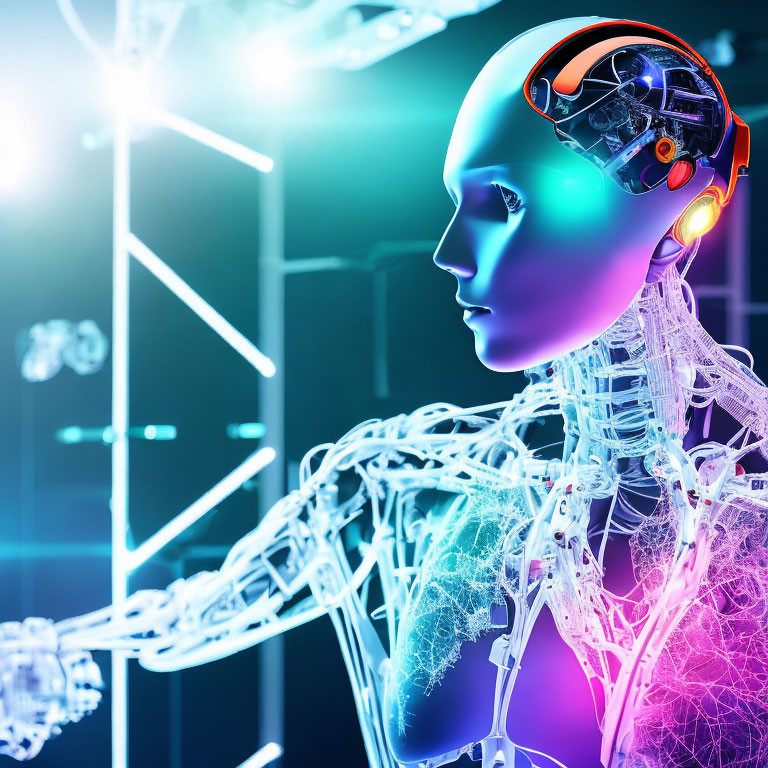Artificial intelligence (AI) is making its mark on the healthcare industry, and it's not hard to see why. From improving diagnostic accuracy to personalized treatment plans, AI has the potential to revolutionize the way we approach medicine. In this blog post, we'll explore the future of AI in healthcare and discuss the challenges that need to be addressed in order to ensure that AI is used ethically and fairly.
The field of healthcare is constantly evolving, and one of the most exciting developments in recent years has been the integration of artificial intelligence (AI) into medical practice. From diagnostic tools to personalized treatment plans, AI is poised to revolutionize the way we approach healthcare.
One of the most promising applications of AI in healthcare is in the area of diagnostics. Machine learning algorithms can process large amounts of medical data and identify patterns that may be missed by human doctors. This can lead to earlier detection of diseases and more accurate diagnoses. For example, a study published in The Lancet Digital Health found that an AI algorithm was able to accurately diagnose skin cancer with a level of accuracy comparable to that of human dermatologists.
Another area where AI is making an impact is in personalized medicine. By analyzing large amounts of patient data, AI algorithms can identify patterns that may indicate a patient's response to a particular treatment. This can help doctors tailor treatment plans to individual patients, resulting in more effective and efficient care.
AI is also being used to improve the efficiency of healthcare systems. For example, AI-powered chatbots can be used to triage patients and direct them to the appropriate level of care. This can help reduce wait times and improve the overall patient experience.
Despite these exciting developments, there are still challenges to be addressed. One of the biggest concerns is the potential for bias in AI algorithms. Machine learning models are only as good as the data they are trained on, and if the data is biased, the models will be as well. This is an important issue that needs to be addressed in order to ensure that AI is used ethically and fairly in healthcare.
Overall, the integration of AI in healthcare has the potential to revolutionize the way we approach medicine. From improving diagnostic accuracy to personalized treatment plans, AI is poised to make a significant impact on the healthcare industry.
In conclusion, the integration of AI in healthcare has the potential to revolutionize the way we approach medicine. From improving diagnostic accuracy to personalized treatment plans, AI is poised to make a significant impact on the healthcare industry. However, it's important to address the potential for bias in AI algorithms in order to ensure that AI is used ethically and fairly. With the right approach, AI has the potential to make healthcare more efficient, effective and accessible for everyone.
All content on this blog, including text, images, and videos, is protected by copyright law. Reproduction or distribution of any part of the content without permission is strictly prohibited. Any unauthorized use of the content will be subject to legal action. All rights reserved. The blog's authors and creators reserve the right to use the content in any way they see fit. If you would like to use any of the content on this blog, please contact us for permission. Thank you for respecting the copyright claim on this blog.






.png)



.png)

0 Comments